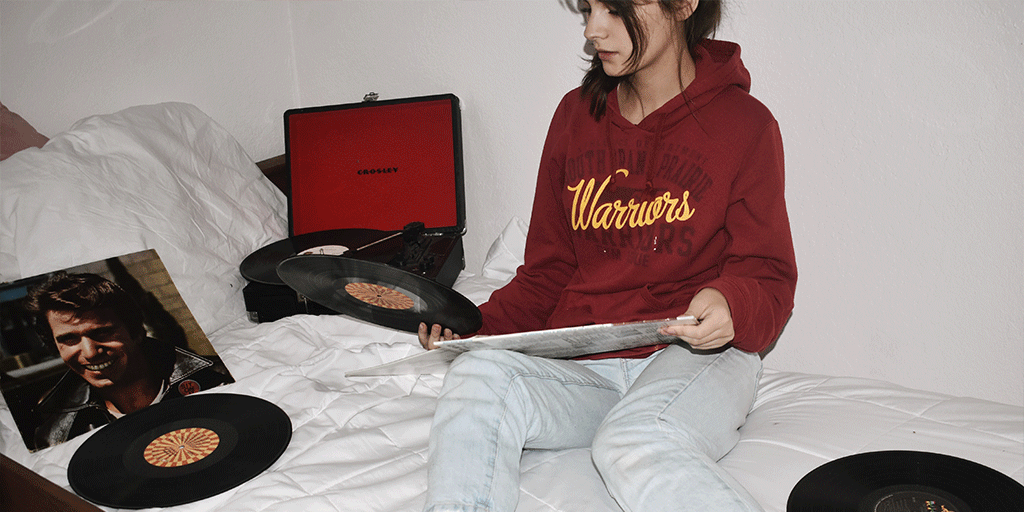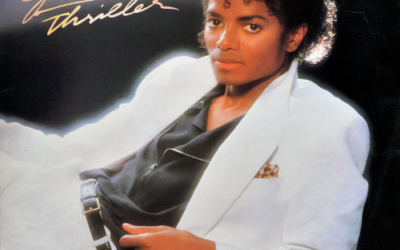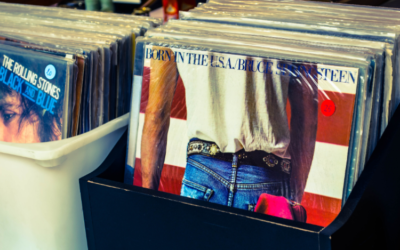Introduction to fix your Warped Records
Vinyl records are made of plastic, and it’s quite obvious that this material can bend, break, or warp quite easily. We’ve also listed 7 bad habits for your records that definitely ruin your vinyl. Records may be cheap or expensive, but they have sentimental value for most owners – there are special editions, iconic albums, rare & limited editions, and records that you first bought, and so on.
There’s no need to toss away your warped records, as we’re here to show you three easy ways to fix these problems easily.
What happens when a record warps?
Well, warping is easily spotted, even with the naked eye. Most people would refrain from as it’s quite obvious that they won’t sound good (they may not even play in most cases).
In other cases, warped records will usually have inferior sound quality, and, in some extreme cases, you’ll even hear a lot of static, buzzes, and such.
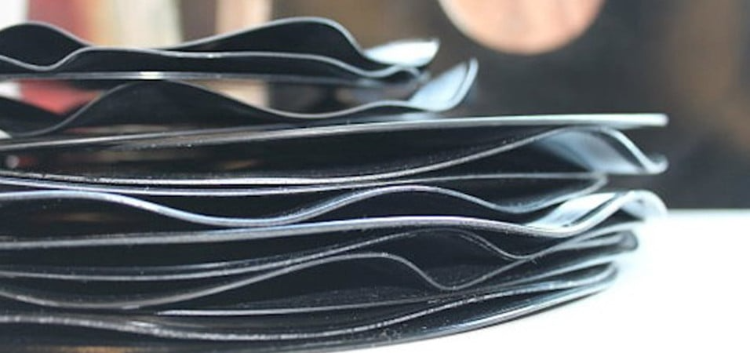
How do records get warped?
Plainly speaking, records may get warped over time. Records are usually pretty old by themselves, mainly because they are considered to be a thing of the past (as CDs, Blue-Rays, and DVDs were introduced on the music market).
Some records are more than 50 years old, and time can easily warp the plastic which composes the construction of these records. There are, of course, other ways how a record can warp.
For instance, prolonged exposures to heat or extreme cold can seriously warp or even damage your records. If you don’t storage your records properly, there’s a chance that sheer physical pressure of another object may warp it too.
Anyhow, all is not lost, as you can easily fix the warping problem if you follow the steps we’ve described below.
Method #1 – Using physical force of heavy objects
The first method (which is usually the most logical one) requires you to use the physical force of other heavy objects. Sandwiching your warped vinyl record between two heavy objects will often yield positive results.
Basically, all you need to do is simply find two objects that are heavier than the vinyl records itself, and put the record between them. As vinyl records are usually lightweight, two books should do the job quite well.
These objects have to be larger than the vinyl record, as the entire surface of the record needs to be covered. Once you’ve sandwiched your vinyl, all you have to do is simply wait for a few days.

Method #2 – The heat & pressure combo
This method requires you to “cook” your vinyl record (figuratively speaking). You will need two sheets made of glass for this method, as you’ll sandwich the record between them. Once you did this, you will have to heat the oven at 79-degree C. Put the record in the oven, but make sure that it is inside for the maximum of three minutes.
The glass needs to be kept at the room temperature, lest it shatters. The heat will smooth out the surface of the vinyl, and it will make the plastic softer. Just make sure that the record isn’t inside for more than three minutes, lest it melts, rendering it unusable.
Method #3 – The combination of Methods #1 & #2
There are extreme cases of vinyl record warping where both of these methods won’t yield positive results on their own. In these cases, we recommend that you combine the two methods we’ve previously explained.
Heat up the record for three minutes at the 79-degree C, after which you will sandwich the record between two heavy objects. The combination of these two methods will definitely help you fix the warping problem.
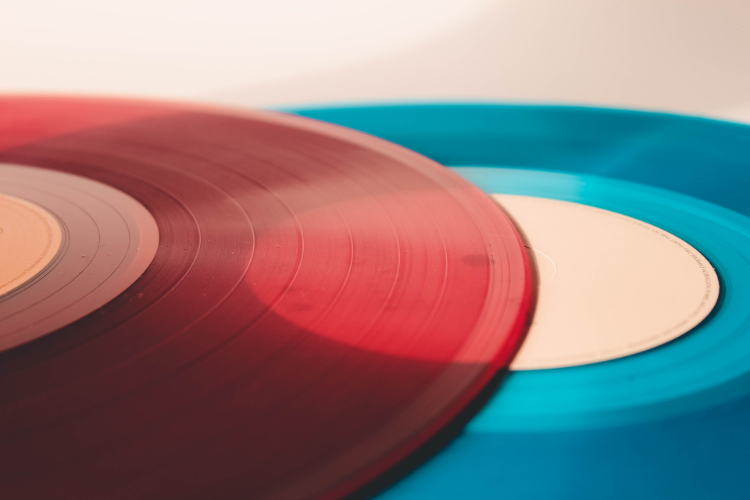
General Prevention for Warped Records
The best way to fix a warped vinyl record is to avoid the warping altogether. As we’ve mentioned earlier, if you don’t storage your records properly, there’s a chance that they’ll warp (eventually). Always keep your records away from direct sunlight, lest the excess heat warp the plastic.
The same goes for extreme cold. Those places where the temperatures are below the standard room temperature can be dangerous for storage of your vinyl records. The heat and cold are very dangerous for plastic objects, including vinyl records.
Furthermore, you should also be careful with how you handle your vinyl records. The sheer pressure of a hard grip can sometimes be enough to damage your vinyl records.
This being said, if you’re careful with your vinyl records, if you storage them properly, and if you shelter them away from significant heat and cold, your records will be just fine.

